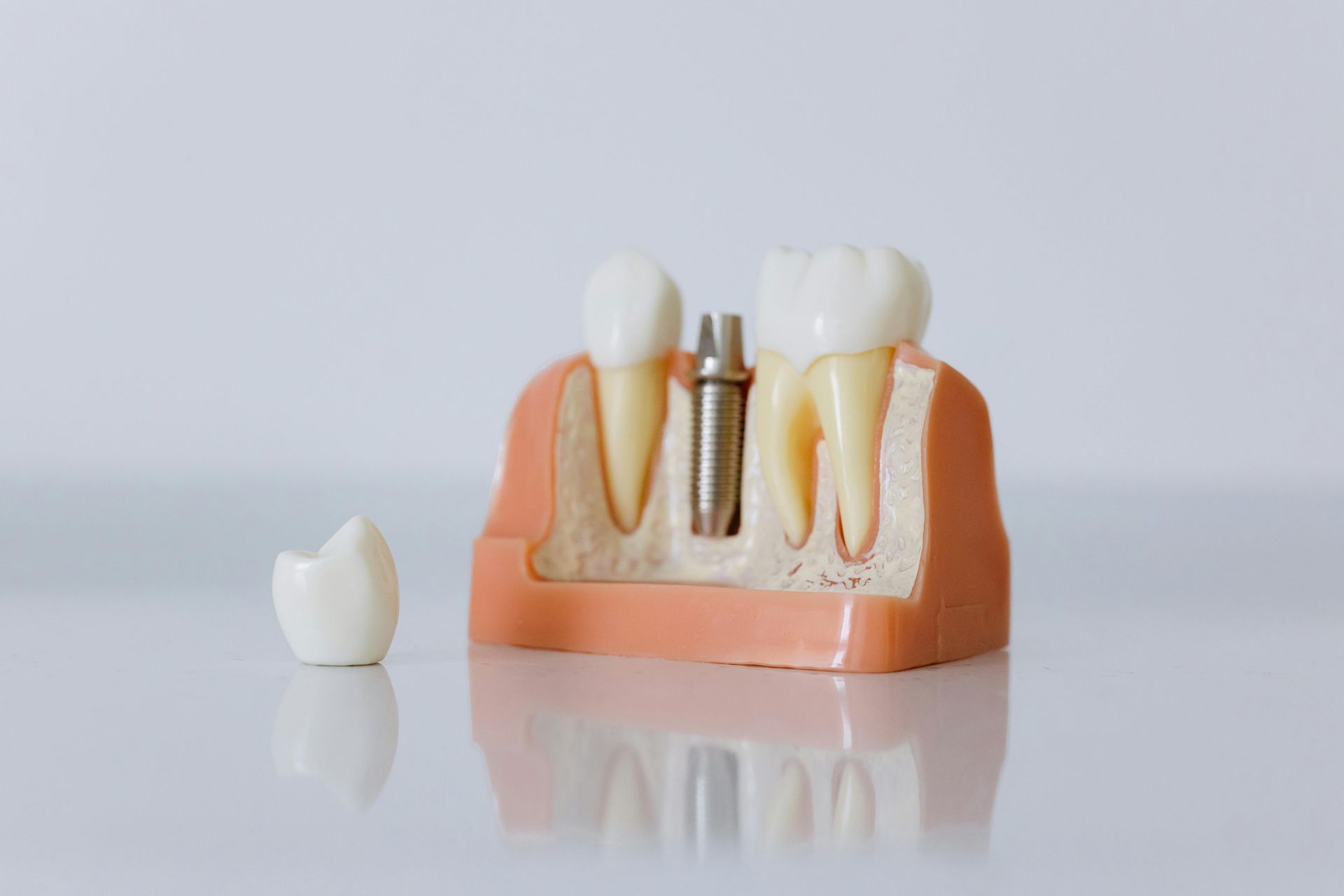HELP ME WITH
TOOTHACHE
A throbbing toothache disrupts daily life, making eating or speaking painful. We identify common causes, from dull aches to sharp stings, to help you understand your dental pain.

Our dental practice offers compassionate care, practical relief tips, and professional treatments to ease toothaches. Find a dentist near you to restore comfort and end your pain quickly.

What Causes a Toothache?
Toothaches often stem from issues within the tooth or surrounding gums. Understanding the root cause is the first step to finding relief. Here are the most common culprits:
- Tooth Decay: Cavities, caused by plaque and bacteria, erode the tooth’s enamel, leading to sensitivity or pain.
- Gum Disease: Inflamed or infected gums (gingivitis or periodontitis) can cause soreness and discomfort.
- Cracked or Damaged Teeth: A chip or fracture from injury or biting hard foods can expose sensitive inner layers.
- Dental Abscess: A pus-filled infection near the tooth root or gums can cause intense, throbbing pain.
- Tooth Sensitivity: Worn enamel or receding gums may trigger discomfort when consuming hot, cold, or sweet foods.
- Wisdom Teeth: Impacted or erupting wisdom teeth can press on nerves, causing persistent aches.
Every patient’s experience is unique. For instance, a busy parent might notice pain while sipping morning tea, while a student might struggle with discomfort during exams. Whatever your situation, a local dentist can diagnose the issue accurately.
Finding Toothache Relief Near You
While professional care is essential for lasting relief, these at-home tips can help manage discomfort until you see a dentist near you:
- Rinse with Warm Salt Water: Mix a teaspoon of salt in a glass of warm water and rinse gently to reduce inflammation and clear debris.
- Over-the-Counter Pain Relief: Paracetamol or ibuprofen can ease mild pain. Always follow the dosage instructions.
- Cold Compress: Apply a wrapped ice pack to your cheek for 15 minutes to numb swelling or sharp pain.
- Clove Oil: Dab a small amount on a cotton bud and apply it to the sore area for temporary relief (avoid overuse).
- Avoid Triggers: Steer clear of very hot, cold, or sugary foods that may worsen sensitivity.
These remedies offer short-term comfort but won’t address the underlying issue. Booking an appointment with a local dentist ensures a proper diagnosis and tailored treatment.
Professional Treatments for Toothaches
When you visit a dentist near you, they’ll assess your symptoms, often using X-rays or examinations to pinpoint the cause. Common treatments include:
- Fillings: For cavities, the dentist removes decayed material and fills the tooth with a durable material like composite resin.
- Root Canal Treatment: If the tooth’s nerve is infected, a root canal clears the infection and seals the tooth to prevent further issues.
- Extractions: Severely damaged or impacted teeth, like problematic wisdom teeth, may need removal.
- Gum Treatment: Scaling and root planing can treat gum disease, reducing inflammation and pain.
- Crowns or Bonding: Cracked teeth may require a crown or bonding to restore structure and protect nerves.
Our team prioritises your comfort, using modern techniques to make treatments as pain-free as possible. For example, a nervous patient might worry about root canal pain, but with local anaesthesia and gentle care, the process is often far less daunting than expected.
When to See a Dentist Near You
Don’t ignore a toothache that lasts more than a day or two. Seek immediate care from a local dentist if you experience:
- Severe pain that doesn’t ease with over-the-counter medication.
- Swelling in your face, gums, or jaw.
- Fever or a bad taste in your mouth, which may signal an infection.
- Difficulty swallowing or breathing, which requires urgent attention.
Prompt action can prevent complications, like an infection spreading. We’ve seen patients regain their smile—and their peace of mind—after timely treatment.
Preventing Future Toothaches
Good oral hygiene can keep toothaches at bay. Brush twice daily with fluoride toothpaste, floss regularly, and visit your dentist near you every six months for check-ups and cleanings. Limit sugary snacks and drinks, which fuel decay. For those prone to grinding their teeth, a custom mouthguard can protect against damage. Small habits, like sipping water after coffee, can make a big difference.
Your Trusted Dentist
Book Your Dental Appointment Today
Call us now or
Book online to schedule your consultation with a trusted local dentist.



